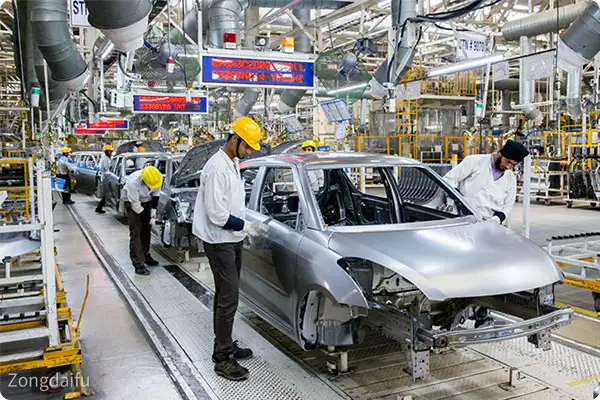In a major policy adjustment, the Indian government decided to cut import tariffs on multinational electric car companies as long as these companies pledged to build a local factory to produce electric vehicles in India. This strategy aims to attract global automakers such as Tesla and VinFast to turn India into a global manufacturing center for electric vehicles, while promoting employment and reducing the country’s oil imports and exchange outflows.

According to a statement by the Indian Ministry of Commerce and Industry, the government will provide significant tax incentives to companies that commit to investing at least 415 billion rupees (about $500 million) in India over the next three years and produce electric vehicles locally. For those electric vehicles priced at more than $350,000, they will be entitled to a 15% import tax deduction over the next five years. In addition, companies with an investment of more than $800 million will benefit from the total import of 8,000 vehicles per year, which provides tariff incentives for a total of 40,000 vehicles.
The Indian government’s move is aimed at boosting the domestic electric vehicle market’s growth potential and international competitiveness while responding to global emission cuts and enhancing the global layout of the electric vehicle industry.Commerce and Industry Minister Peach Goyar said the policy is aimed at inviting global companies to build factories in India, convinced that this move will make India the center of global electric vehicle manufacturing.
This policy adjustment reflects the high importance of the Indian government to the manufacturing and export industries, with the intention to make the country a major manufacturing and export center through the Made in India policy.
The Indian market has huge potential for global automakers, especially in the field of electric vehicles. Currently, the electric vehicle market in India is in its early stages and the popularity of electric vehicles is much lower than traditional cars.
Nevertheless, in order to fully leverage the potential of this policy, India will need to overcome a range of challenges including insufficient infrastructure construction, lack of charging stations and high costs.In addition, while the government’s preferential policies are tempting foreign investors, the complexity of the Indian domestic market and regulatory uncertainty remain major challenges they must face.
In addition, this policy also demonstrates India’s balanced strategy for domestic and foreign manufacturers, trying to stimulate the development and upgrading of domestic industries by attracting foreign investment.But in the long run, India needs to find a balance between improving domestic manufacturing capacity and attracting foreign direct investment to ensure a sustainable and self-sufficient electric vehicle ecosystem.


 Follow customer service WeChat
Follow customer service WeChat